On 16 November, we celebrate Caritas Day, when we honour the Catholic Church’s charity organisation that brings hope to those in need through care and acts of mercy. It reminds us that financial gain is not what matters most. What truly matters is reaching out to the homeless, the poor, the elderly, and refugees — everyone in need — so that they, too, may walk with dignity along the path set out for them on this earth.
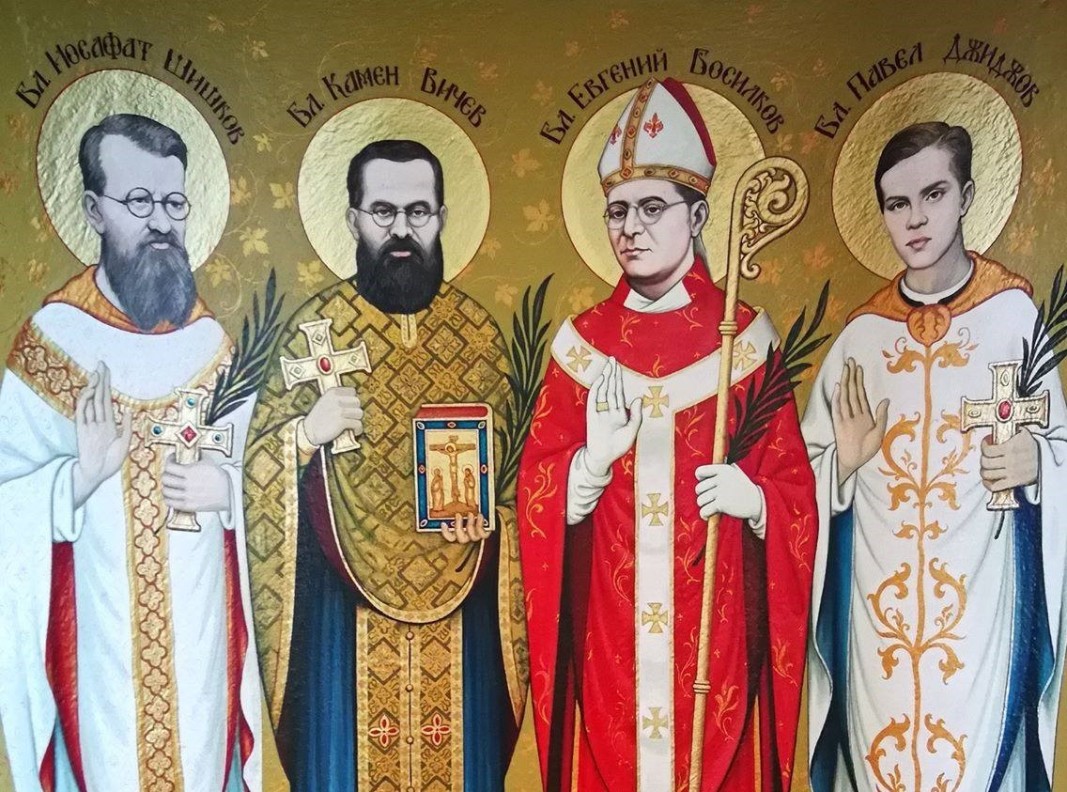
Caritas Day is held on the first Sunday after 13 November, when Catholics honour the memory of the Bulgarian blessed martyrs Evgeni Bosilkov, Kamen Vitchev, Pavel Djidjov, and Josaphat Shishkov. This day also marks the World Day of the Poor, which was established by Pope Francis. On this special day, Pope Leo XIV conveys his message through the words of Psalm 71: “You, O Lord, are my hope, my refuge,” reminding us that faith is not an escape from difficulties but a source of strength that gives us the courage to love and respond to the suffering of others.

“Many of the priests, including Bishop Eugene Bosilkov, worked directly with the poor and people in need, as well as with the faithful in Bulgaria,” says Emanuil Patashev, Secretary General of Caritas Bulgaria. “Their commitment was so complete that it cost them their lives (on 11 November 1952, Bosilkov, Vichev, Dzhidzhov, and Shishkov were executed in the yard of the Central Sofia Prison — ed.) and, after the democratic changes, were declared blessed. We try to combine these dates into one, grounded in a faith that extends to martyrdom. In light of the current situation and the Pope’s message to seek hope in Christ when working with and meeting the poor, we have every reason to come together on Caritas Day.”
On Sunday, the messages of Caritas Day will be shared during liturgies in Catholic dioceses, followed by numerous charitable events, thematic meetings, and art workshops involving social service users, students, and volunteers. These events include a charity bazaar in Sofia’s South Park, where products made by children and adults with disabilities will be on sale. There will also be a “Coffee for a Cause” event, where a fragrant cup of coffee will be offered in tribute to those who donate to support the cause.
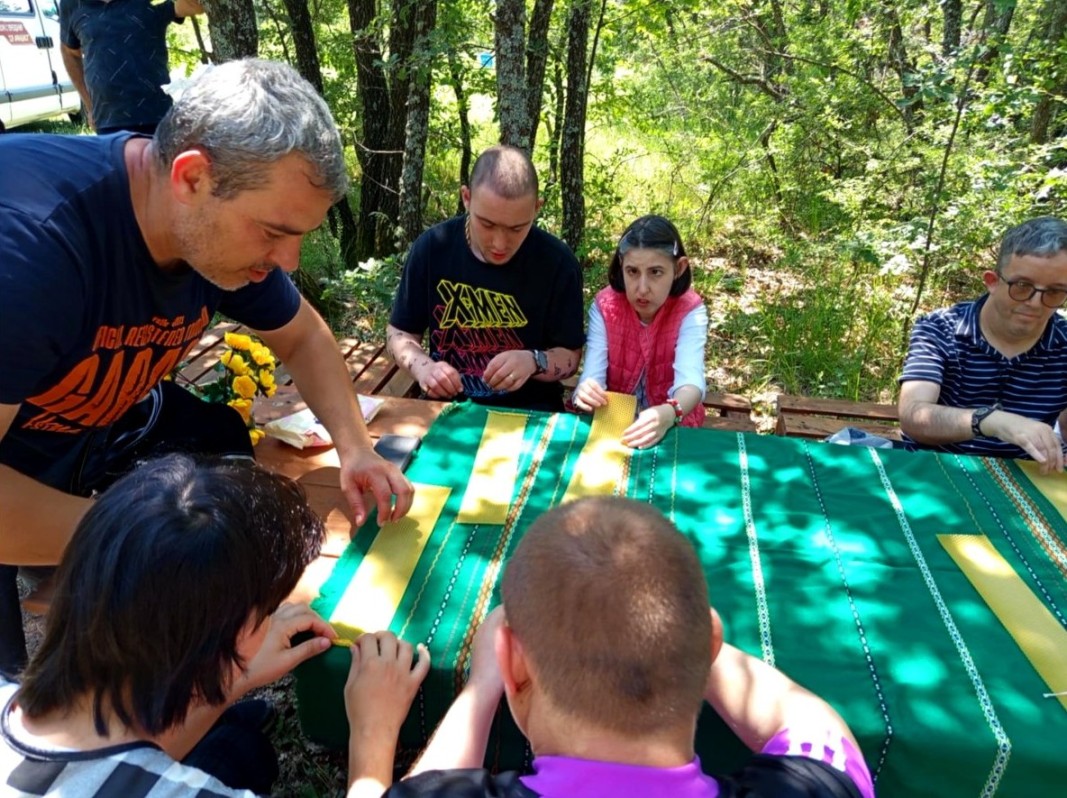
“Varna is one of the places where many Ukrainians have found shelter and remain to this day,” adds Emanuil Patashev. “At a joint meeting with the Missionaries of Charity of Mother Teresa, who work with the city’s homeless population, they will discuss the expectations of people seeking refuge here and how our society welcomes them.” In Burgas, the homeless people supported by Caritas will show their appreciation by volunteering to improve the building where they can warm up, eat, and wash. They will paint murals to make it more welcoming. In Plovdiv, the celebrations will begin on the eve of the holiday with a ball, where many guests — including friends, donors, and volunteers — will support Caritas’ work in the coming months through charitable contributions.
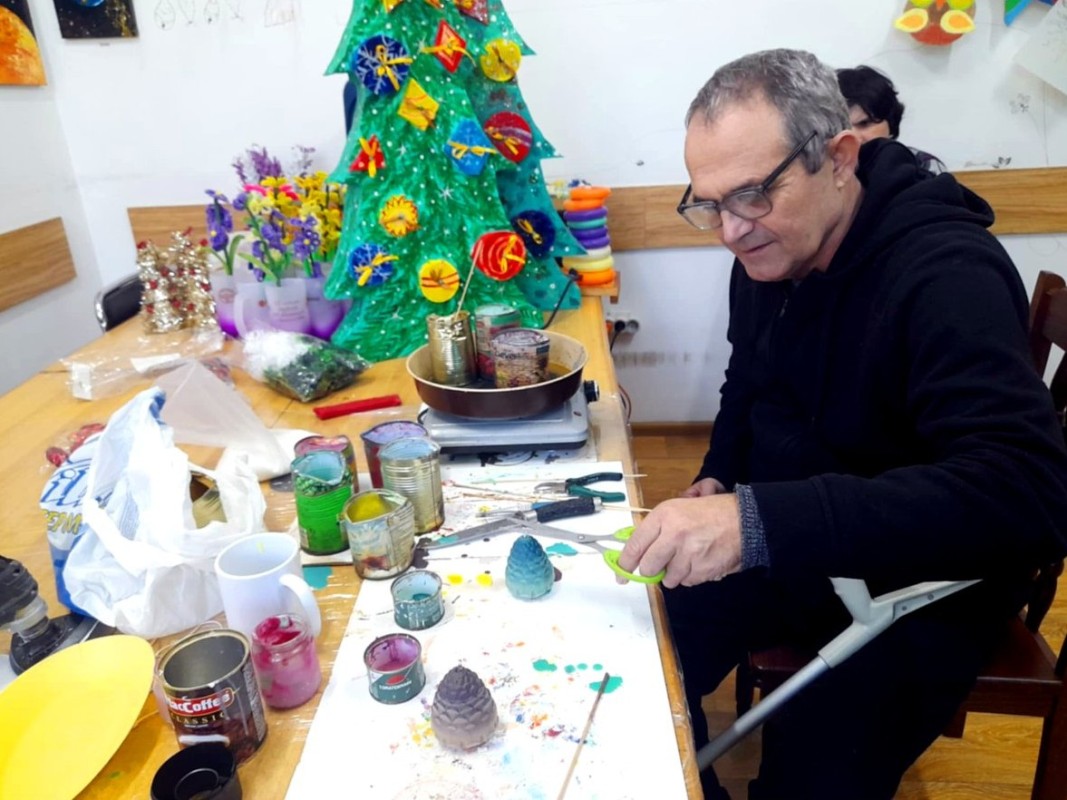
The funds raised at the ball will help create employment opportunities for people from vulnerable groups and support social programmes. Particular attention will also be given to those who have fled war, oppression, and injustice; in Varna, they will produce a display of messages. But as a society, what can we do to ensure that refugees feel included, and what words should we use to make them feel welcome and respected?
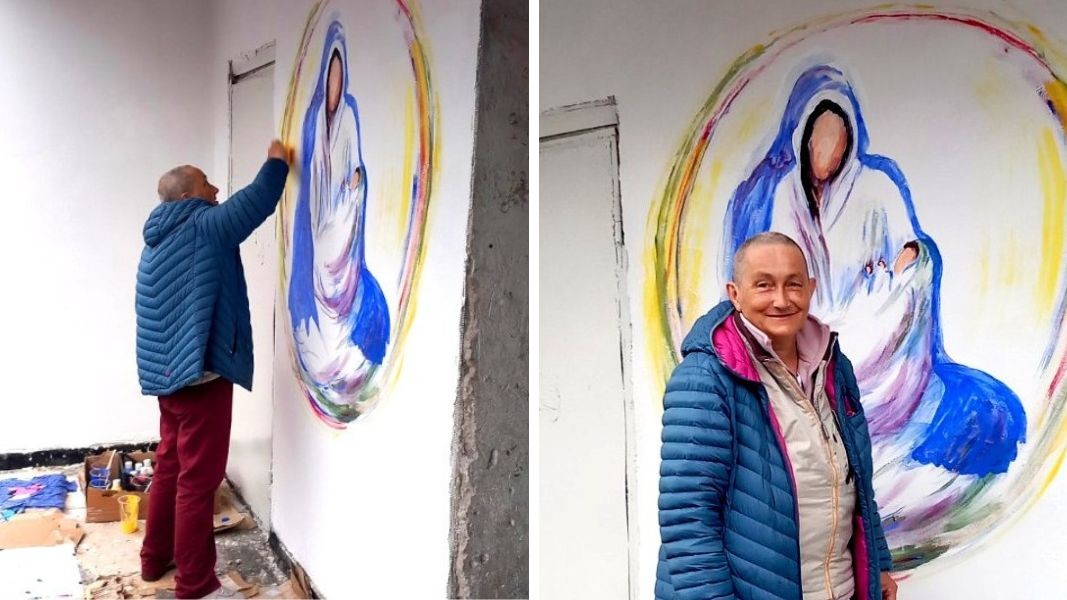
“The world has changed a great deal in recent years, and the concept of ‘home,’ where a person feels safe and comfortable, has taken on a different meaning,” says Emanuil Patashev. “Today, home may be in one place, and tomorrow, for whatever reason, it may be somewhere else — whether the change is voluntary or forced. As a host country, we must recognise that all people seeking refuge here should be welcomed. At the same time, however, they should not simply remain our guests; they also need to contribute to Bulgarian society — in other words, we should integrate them as quickly as possible. Caritas has developed programmes and career centres in major cities to help these people find employment so they can earn a living and achieve a more dignified life.”
Although there is dialogue with the state, which recognises Caritas as a reliable partner and assigns it various tasks, the organisation admits that it often knocks on doors that are difficult to open. Emanuil Patashev illustrates this point with the example of refugees specifically:
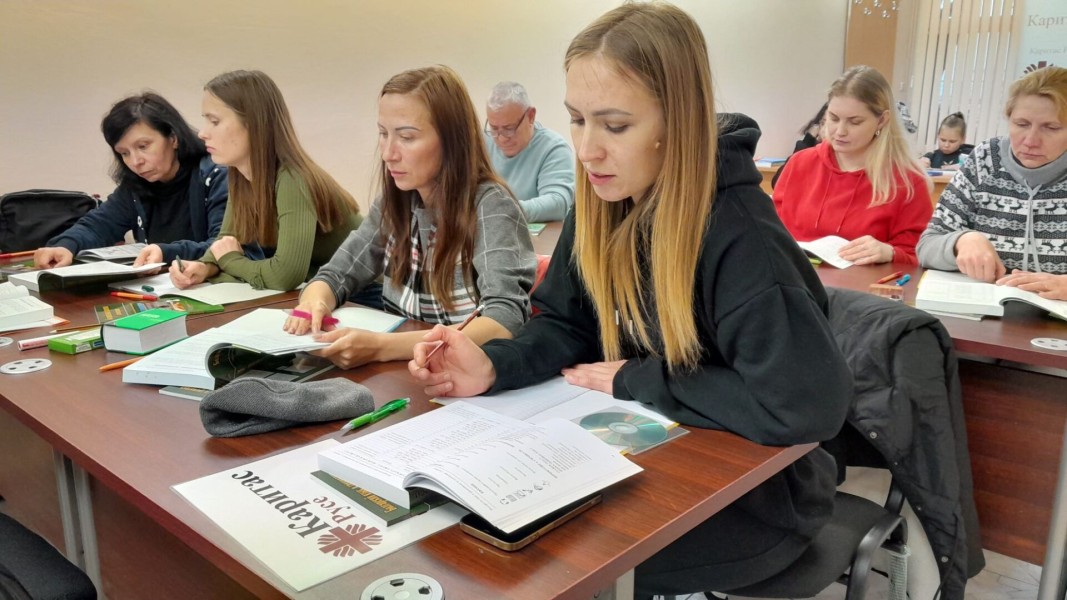
“If refugees wish to integrate into a community, the state has the means to support them, including financially.” Unfortunately, for one reason or another, much of this support remains on paper and does not function in practice. Much remains to be done, but first and foremost, the state must decide what to handle itself and what to delegate to others. This issue has long been resolved in more developed countries.
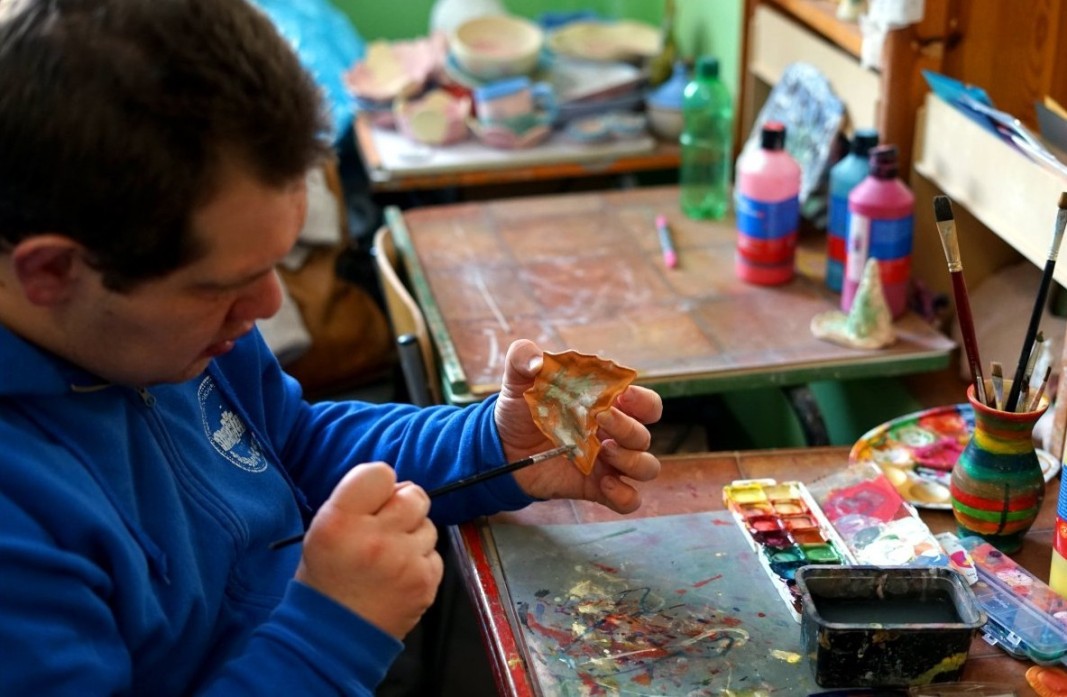
When someone is suffering, they may receive care, but what they need most is a kind word. This is why, when we listen to one another, we can find the best solution together. For Caritas Day, the Secretary General of the charity in Bulgaria delivers his message: “As Christ said, there will always be the poor among us, and we must continually work to help them.”
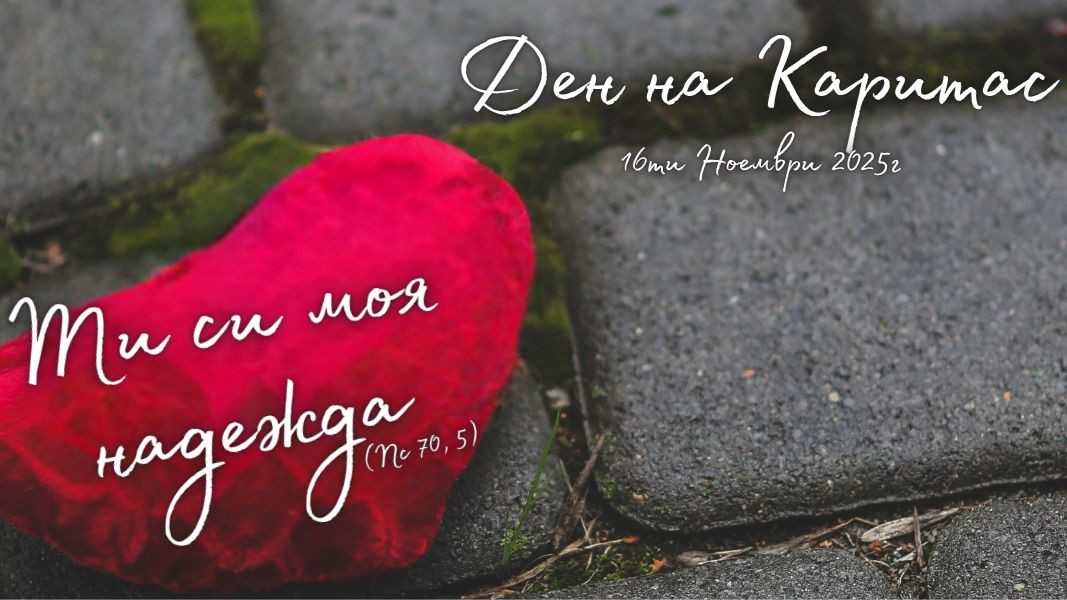
The first museum of investment gold is welcoming visitors in Plovdiv who want to learn more about the history of money and its connection to gold – from the birth of gold, its cosmic origin, and its journey to Earth, to how this precious metal has..
The diplomas from the 11th master class in radio journalism of the Bulgarian National Radio – BNR Academy were awarded at a solemn ceremony on November 14. The lectures and practical classes in modern forms of radio journalism build on the professional..
Italy investigates claims of hunting of people in Sarajevo in the 1990s The prosecutor's office in Milan has launched an investigation into shocking reports of organized "sniper safaris" in Bosnia during the war in..
The diplomas from the 11th master class in radio journalism of the Bulgarian National Radio – BNR Academy were awarded at a solemn ceremony on November..
The first museum of investment gold is welcoming visitors in Plovdiv who want to learn more about the history of money and its connection to gold – from..

+359 2 9336 661
